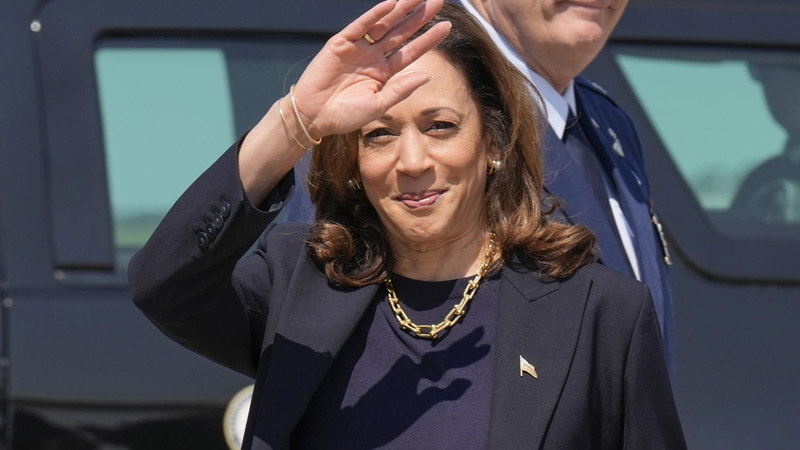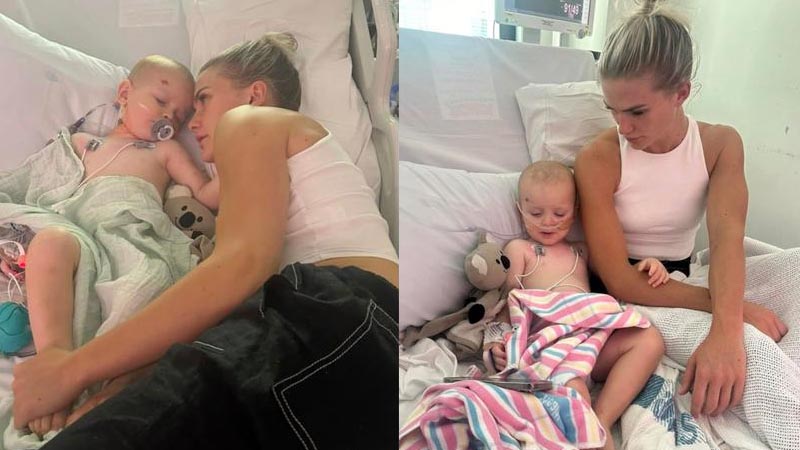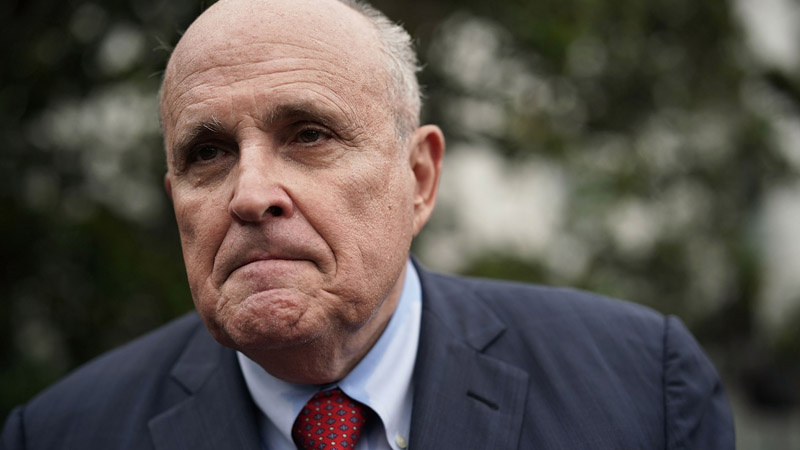Kamala Harris Campaign Rejected $10 Million Congressional Black Caucus Plan to Mobilize Undecided Black Voters in Key States

(Jacquelyn Martin / Associated Press)
A new report reveals that Kamala Harris’ campaign turned down a late-summer proposal from the Congressional Black Caucus (CBC) aimed at mobilizing undecided Black voters in crucial swing states. The $10 million plan, pitched in September, was designed to boost turnout among Black voters—a demographic where Donald Trump made noticeable gains on his path to securing a second term.
Politico reports that two sources familiar with the matter confirmed the proposal was ultimately rejected by Harris’ campaign team. The initiative dubbed the “Freedom + Opportunity Bus Tour,” called for a $1.5 million bus tour featuring Black lawmakers, who would travel through key states to engage and persuade Black voters.
Additionally, $8.3 million was allocated to support social action groups focused on battleground House districts with sizable Black populations, comprising around 8% of residents. The tour was set to visit Arizona, Georgia, Nevada, North Carolina, and Pennsylvania—all of which Trump eventually won—along with a stop in Nebraska’s second congressional district, which Harris did carry.
In addition to voter outreach to the Black community, the CBC’s proposal suggested partnering with Latino Asian American and Pacific Islander (AAPI) organizations. According to a memo reviewed by Politico, the plan aimed to build multiracial coalitions, a strategy these communities have historically employed to achieve electoral victories.

This multiracial approach could have bolstered Harris’ reach, particularly in diverse swing states. Some Democrats now argue that the CBC plan could have made a difference in the outcome, especially given that Harris’ campaign raised over $1 billion, making the $10 million cost a relatively modest investment. While Harris’ team did adopt some aspects of the proposal—such as engaging social media influencers for voter outreach and collaborating with established civil and labor organizations—the bus tour and extensive on-the-ground efforts proposed by the CBC were not fully implemented.
The decision to pass on the CBC’s proposal has led to some post-election criticism, with party insiders suggesting the tour might have energized undecided or less-engaged Black voters in critical regions. Trump’s gains among Black voters this election cycle highlighted a shift that some feel could have been countered by targeted efforts such as the Freedom + Opportunity Bus Tour.
Supporters of the plan argue that with stronger investment in these grassroots efforts, the Harris campaign might have drawn greater support from minority communities, particularly in battleground areas where close margins ultimately shaped the election results. While the Harris campaign’s existing strategies for voter engagement and coalition-building had successes, particularly in some urban centers, the rejection of the CBC’s comprehensive outreach plan is seen by some as a missed opportunity.
As Democrats evaluate their approach and strategies in the wake of the election, the decision regarding the CBC proposal may serve as a lesson for future campaigns on the importance of targeted outreach in securing key demographics. This report underscores the complexities of campaign decision-making and the potential impact of strategic grassroots mobilization, particularly in tight races. As Harris’ campaign assesses what worked and what didn’t, this missed collaboration with the CBC highlights the critical role that broad-based, multiracial coalition-building can play in modern elections.


